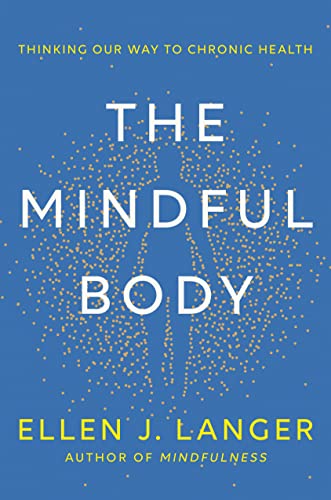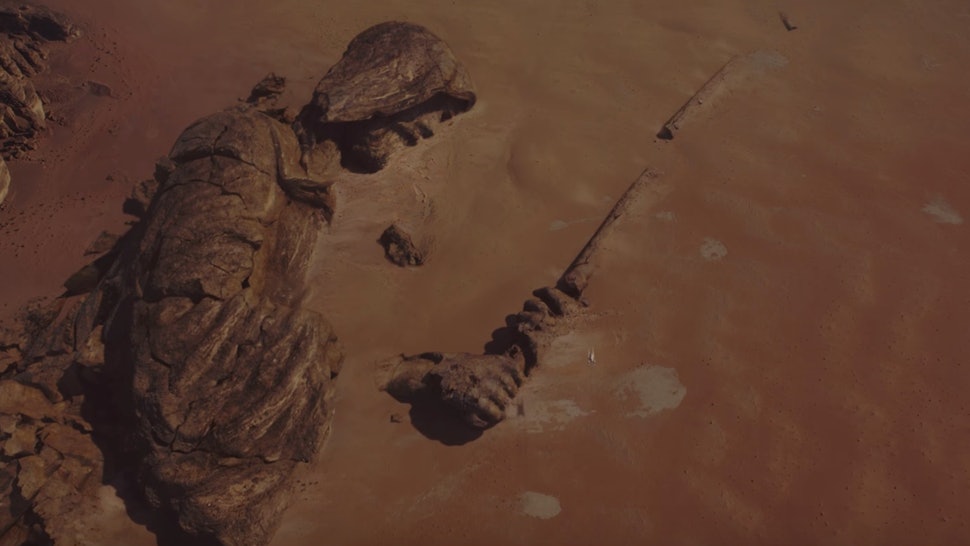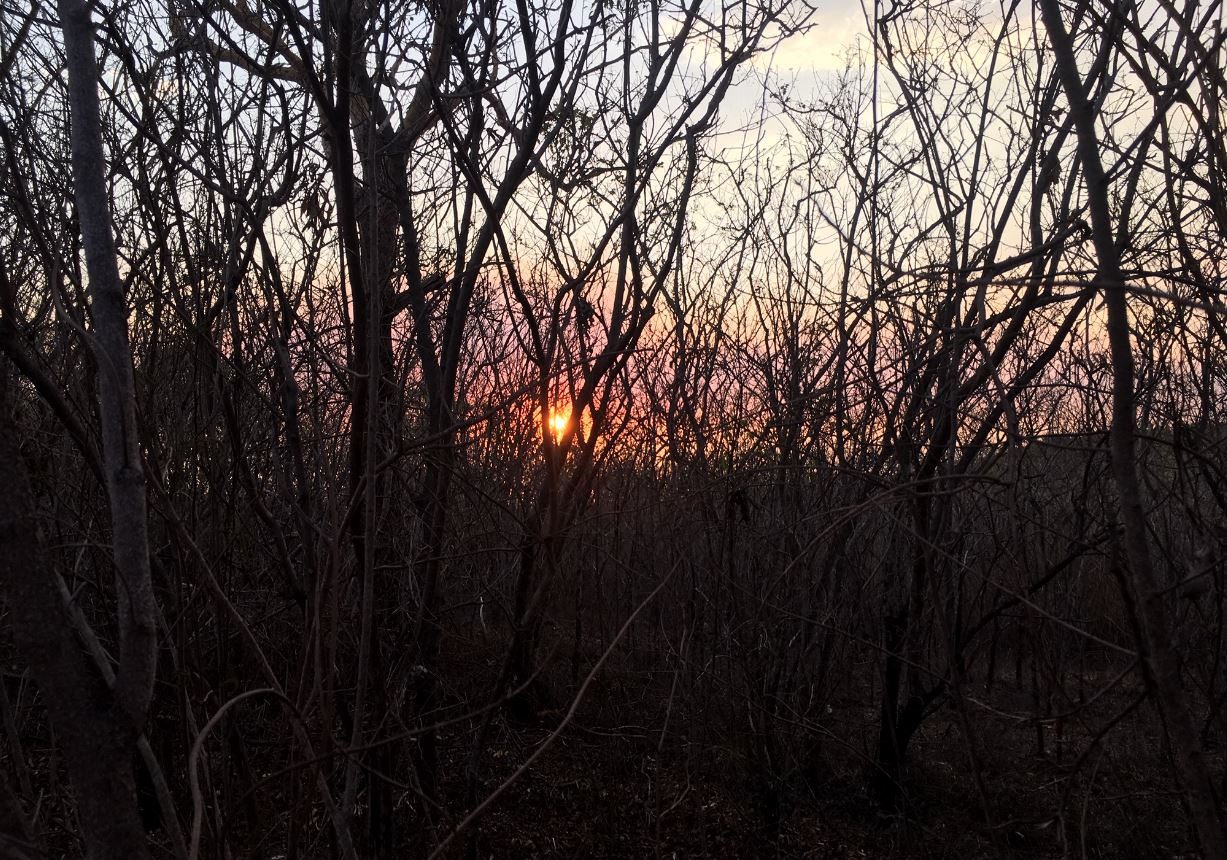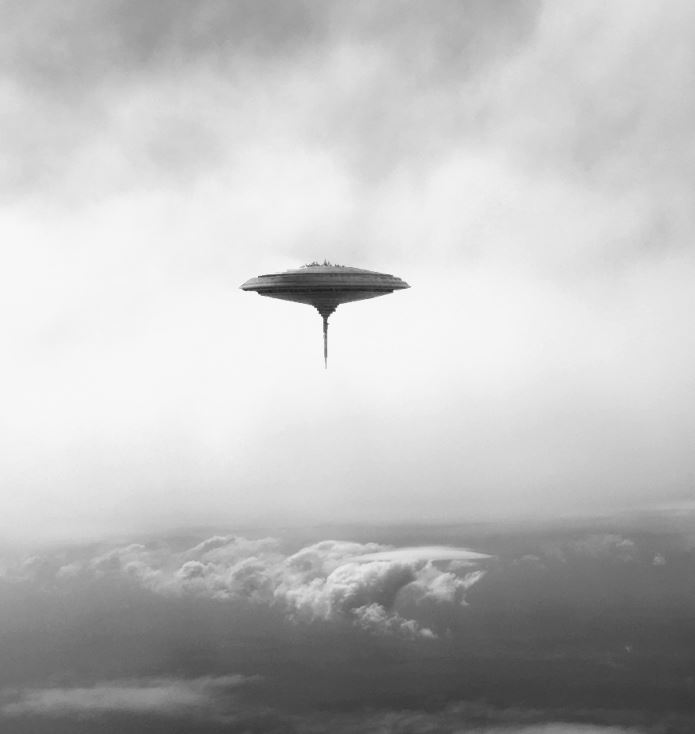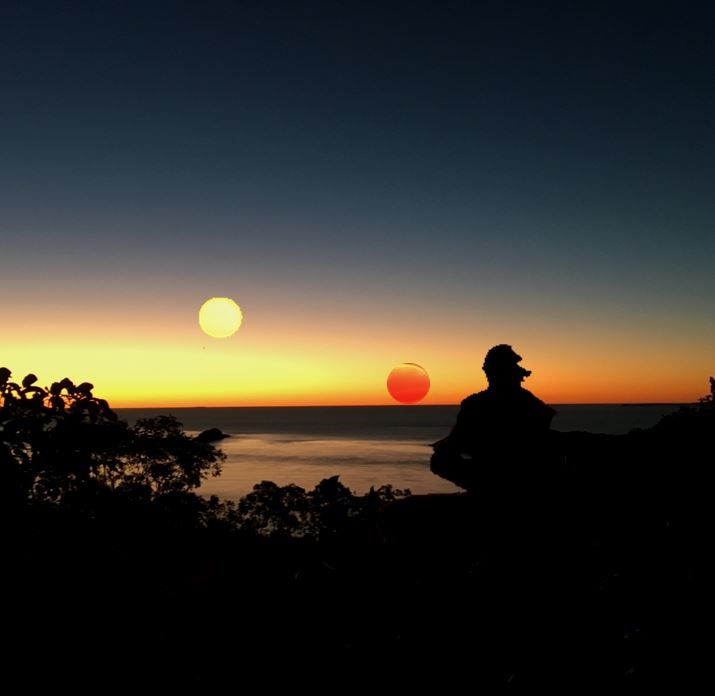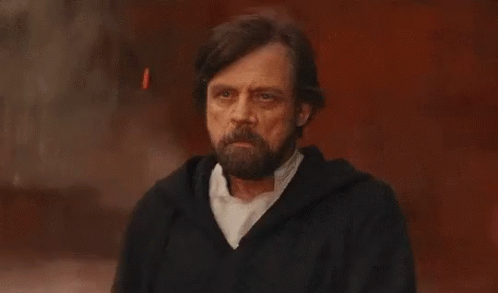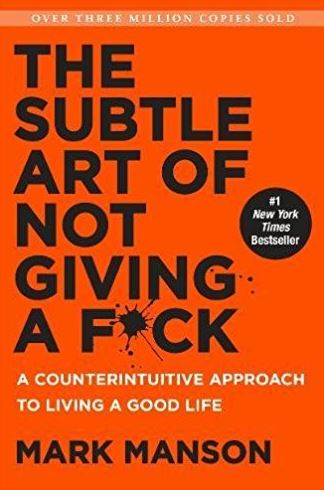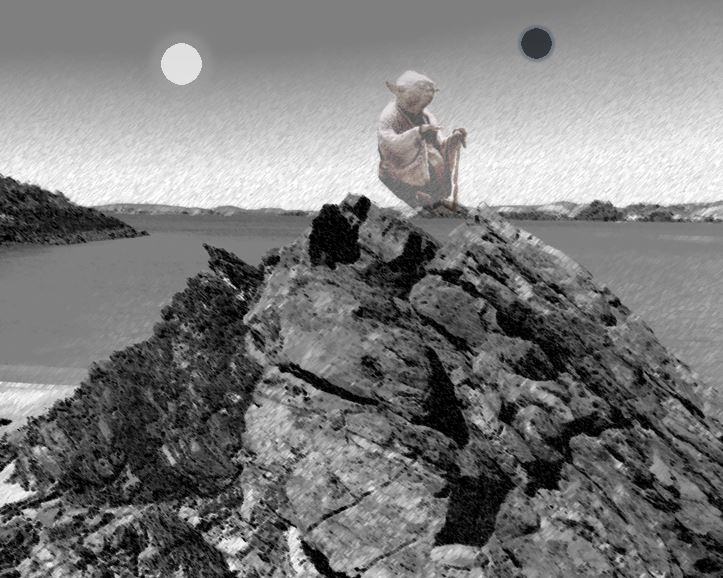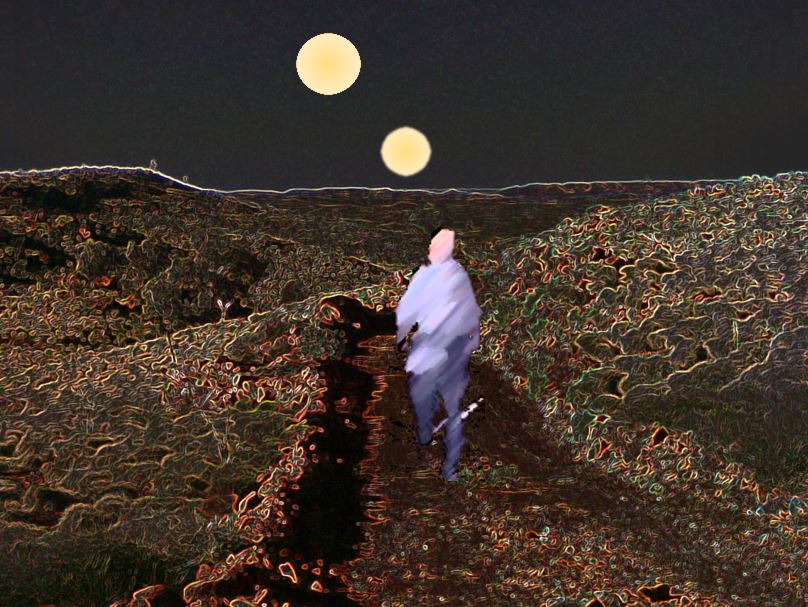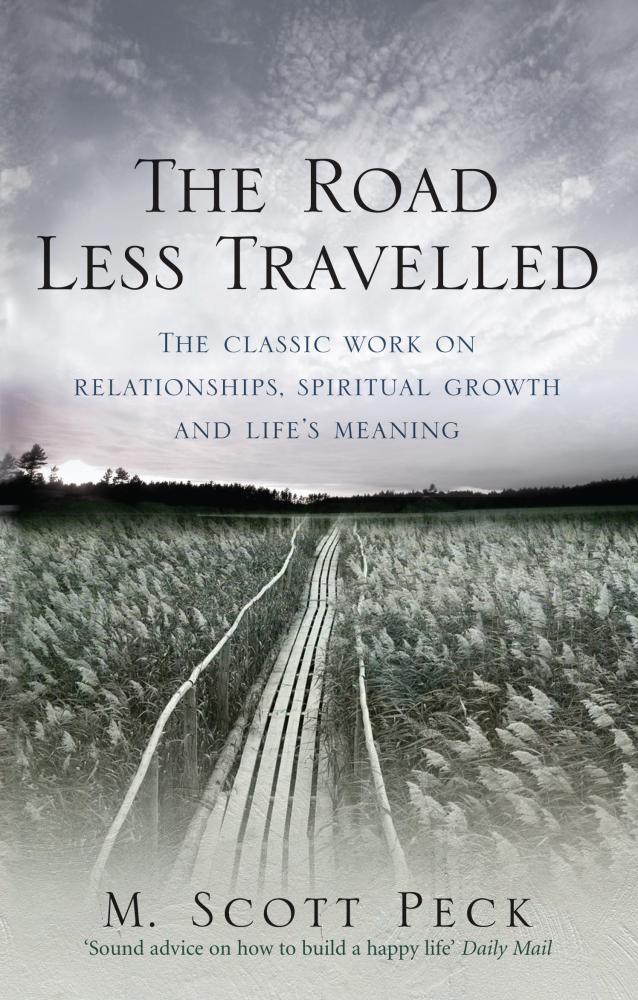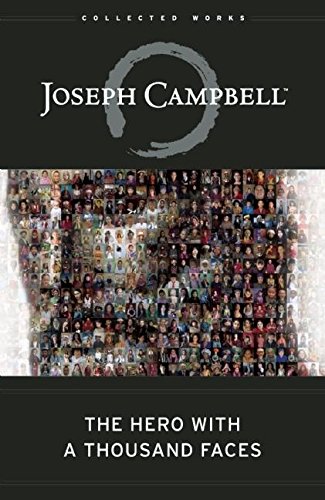
Darth Sidious at Nuremburg
“It’s all Obi-wan’s fault. He’s jealous. He’s holding me back!” – Anakin “The Clone Wars”
“You turned her against me!” – Anakin (to Obi-wan Kenobi on Mustafar) “Revenge of the Sith”
“You have done that yourself.” – Obi-wan Kenobi
Blame. Was Darth Vader to blame for the destruction of Alderaan?
The Death Star was the greatest weapon ever devised. The sheer scale and power of the Death Star was unimaginable. The audacity and ambition that went in to its conception, design and construction was beyond anything ever attempted. Despite all of the technology, terror and control the Emperor wielded his forces had suffered humiliating defeats at the hands of the rag tag Rebel Force.
This was unacceptable, someone had to be blamed and punished. A swift and terrible punishment was needed. The Death Star moved towards Alderaan to exact “justice”. What happened next has been the subject of debate and controversy for decades.
“I should conclude that our demonstration was as impressive as it was thorough.” – Darth Vader (on the destruction of Alderaan) “A New Hope”.
“Don’t Blame Me”
I often think about causality and blame. The two are often conflated but they are not the same thing. In my work I often deal with incidents. A mishap will occur and a as a consequence there will be some sort of loss such as an injury, equipment damage or environmental impact. An investigation will be launched to determine cause. This search for causality can often end up becoming a witch hunt.
A blame culture exists in society today which demands the allocation of blame for every fault. Causality is reduced to quickly assigning blame and meting out punishment. The result is resentment and conflict.
“Whenever you find yourself blaming providence, turn it around in your mind and you will see that what has happened is in keeping with reason” – Epictetus
Wet the Bed, Blame the Blanket
Blame is a trait unique to human beings. There is nothing in the animal kingdom that even closely resembles it. If a dog pees on the carpet it is not going to try to deflect blame on to a two year old child. A few years ago I would have gladly passed on blame to the dog if I had had an “unfortunate accident” while completely inebriated. I was the person who would willingly pass blame on others and then ultimately finding reason for guilt, self loathing and self pity, blame myself begrudgingly without learning a thing.
No one blames others like an Alcoholic. We are true professionals in the blame game. If we wet the bed, we blamed the blanket. If we wet the carpet we blamed the dog.
Alcoholism and all the dysfunctional and destructive habits that stem from it are not accidental and don’t arise by themselves. Someone or something, we reason, must be to blame. Where there is pain, loss and suffering there must be a reason and someone to blame. We blame our parents, partners, friends, co-workers, upbringing, education or lack of. If nothing else, God, fate or providence can be blamed.
So why do people so readily choose to assign blame? Does it make any difference? Will blaming others or even ourselves for misfortune help? Does it right the wrong?
“As a mountain of rock is unshaken by wind, so also, the wise are unperturbed by blame or by praise.” – Buddha
Survival Mode
I learned the meaning of blame, guilt and punishment as a child. Living with siblings we were quick to blame each other to avoid parental wrath. Children naturally seek favor. If a parent seeks to punish a sibling for a misdeed perhaps it will make the other child look better. No one wants to be punished for something they didn’t do and will avoid punishment for something they did, if possible. Blame can be used to absolve oneself of any responsibility by passing it on.
Sometimes blame is necessary for survival. Living in a catholic orphanage taught me to be a survivor. The Nuns would constantly seek out scape goats among the children in their care. A misdeed or grievous sin would be uncovered and the culprits sought out. Collective punishment would be dispensed unless a confessor came forward to claim responsibility and penance. Ultimately those responsible and on the sidelines of the trivial matter (stolen sweets or similar) would begin to blame each other until the shell of lies and denial cracked and confessions came flooding out in waves of helpless tears.
Children under the age of ten and as young as five were forced to denounce each other and hide behind a layer of mistrust and suspicion in order to avoid physical and mental abuse. By the age of eight I had developed a keen ability to liar, deceive, cheat, con and hide the truth. I was very quick to blame anyone but myself.
“It is easy to see the faults of others. But difficult to see one’s own faults” – Buddha
We care to Admit
My blame mentality blossomed during my drinking career. Every lost job, black eye, broken relationship, falling out, argument and hangover was blamed on anything but my own actions. I saw my anger, resentments, belligerency, aggression and selfishness as natural and proportionate responses to life. Misfortunes were not my fault there was always someone else to blame. This mindset keeps us in denial and ultimately in addiction. I had however stopped fooling others. I was only fooling myself.
The blame mentality does not seek to rectify and remedy but incriminate and punish. Deep down we know the truth and the truth is no one is to blame when things are just the way they are. All we need is the power to admit it.
“Today I escaped from the crush of circumstances, or better put, I threw them out, for the crush wasn’t from outside me but in my own assumptions.” – Marcus Aurelius
Taking Action
When we wake up to the truth and look for cause instead of blame we can begin to take action. Seeking causality allows us to understand the problem, quantify the effect and identify solutions that resolve the issue, not compound it. What it takes is a willingness to admit our own faults, acknowledge the harm done, clarify and seek to make amends and forgive others for the role they played.
Once we isolate the cause of our problems we can avoid falling back in to the blame game. Some times blame is reasonable and justified as long as causality is established. The end goal should be to address cause, take action and finally move on. Let’s consider a scenario that helps illustrate this point. Imagine two people who have been drinking at separate bars get in to their cars at the same time and decide to drive home. Along the way, they meet.
“What are conflict, dispute, blame, accusation, irreverence and frivolity? They are all opinions, and more than that, they are opinions that lie outside of our reasoned choice” – Epictetus
T-Boned
The first drunk gets in to his car and some miles on drives through a red light and hits another car driven by the second drunk who is speeding. Who and what is to blame for the resulting injuries and damage?
The first drunk may tell the court that he got laid off from work and had had an argument with his wife and decided to go to a bar. He may also offer that the driver of the other vehicle shared blame as he should have slowed on approaching the intersection instead of speeding and was also drunk at the time. Those are excuses and opinions, not causes.
Ultimately the cause of the accident was the running of the red light. The conscious decision taken by the driver to drive while intoxicated led to a lapse in judgement. The first driver was found to be responsible for causing the accident through his actions. The second driver was responsible for driving whilst under the influence but shared no responsibility for causing the accident. Recognition of blame either way is voluntary. We see it all the time in the court rooms. People will accept a fine or a prison term but not the blame. Causality establishes blame whether a person accepts it or not.
“You must stop blaming God, and not blame any person. You must no longer feel anger, resentment, envy or regret.” – Epictetus
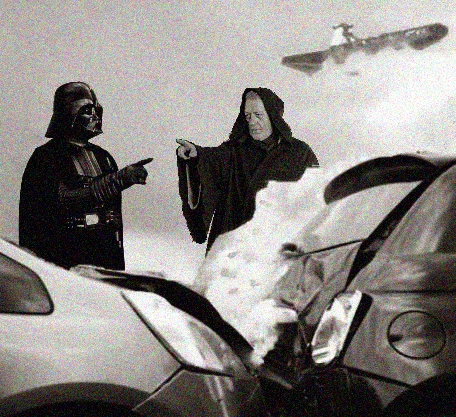
No Blame
Even now if I don’t get my way I look for blame. Alcoholics have a reactive attitude; we are prone to extremes of emotions. I have to rein myself in and to avoid jumping to conclusions, making assumptions and playing the blame game. Introspection and self reflection is required. The goal of causality is to gain knowledge. Ask yourself these questions when looking to blame:
What happened?
Why did it occur? (Ask why five times to get to the root cause).
What is my role in this?
How can I / we remedy it or make amends?
How can I / we prevent this from happening again?
What can I / we learn from this?
Blame is not sought. Why looks for cause, not blame. How and what energizes action and focuses on solutions. Not everything in life is as simple as a T-bone at an intersection. Cause and effect can be more subtle and complex. As an alcoholic I have to keep things simple and ask “what role have I played in this?” If I am accountable I admit it and accept the consequences of my actions. I seek to make amends, learn from my mistake and resolve to do better.
In other words…if you are pointing a finger at someone, there are three fingers pointing back at you. Hesitate before blaming.
“In a way, you have determined the choice of the planet that’ll be destroyed first. Since you are reluctant to provide us with the location of the Rebel base, I have chosen to test this station’s destructive power… on your home planet of Alderaan.” – Tarkin “A New Hope”.
Alderaan
So can we blame Darth Vader for the destruction of Alderaan and the death of two billion “innocent” sentient beings living on the planet when the Death Star opened fire?
At the beginning of “A New Hope” the Tantive IV was intercepted by the Imperial Star Destroyer Devastator, boarded and seized by Darth Vader. As part of the operation Senator Leia Organa of Alderaan was captured and accused of being a Rebel agent. In order to reveal the greater conspiracy against the Empire, Leia was interrogated. When that failed they threatened her home planet with annihilation if she did not cooperate.
The final order to fire was given by Admiral Tarkin, not Darth Vader. The target was selected because it was Leia’s home and because the Imperial command had enough evidence to consider Alderaan a willing party to the Rebellion and therefore an enemy. This fact does not does not absolve Darth Vader from guilt but it brings “blame” in to doubt.
Darth Vader was tasked by the Emperor to recover the stolen blue prints of the Death Star and eliminate any direct threat posed by the Rebels. Vader was also the Emperors apprentice and watchdog on the Death Star to oversee its commissioning. While Tarkin gave the order to fire on Alderaan he did so with the tacit approval of Vader. Tarkin may have been in command of the Death Star but Darth Vader held the strings and had ultimate power to veto any command Tarkin made.
The Dark Lord could have killed Tarkin with complete impunity should he have desired. Leia knew this and always blamed the destruction of Alderaan on Darth Vader.
“If we would lean this way, whenever we fail, and would blame only ourselves and remember that nothing but opinion is the cause of a troubled mind and uneasiness, then by God, I swear we would be making progress”. – Epictetus
Lessons learned
I’m not sure how a trial at an intergalactic tribunal for war crimes would have played out. If they had survived and been prosecuted for war crimes, Tarkin, Vader and Palpatine would have all shared responsibility in the heinous acts of the Empire including the destruction of Alderaan. Had a tribunal been staged by the New Republic it may have been enlightened enough to determine why it happened and understand the reasons for that.
The Republic would have avoided embarking on a “Witch Hunt” bent on blame and revenge and instead sought reason and justice. While it would be small compensation for the loss of life on Alderaan, lessons would have been learned from the tragedy. Those lessons may have been used to prevent history from ever being repeated.
Blame does little more than keep wounds open. Worse it adds salt to them. Reconciliation, harmony and peace are impossible with blame. Addressing cause, acknowledging suffering and accepting responsibility not only reconciles it lifts people to a higher place and bridges differences. Knowledge is gained, justice is served. Isn’t that after all the Jedi way? If we all avoided blame perhaps the world would be a better place.
“There is no ignorance there is knowledge” – Jedi Code
Blame by Threepio
C3PO had a built in blame mentality chip as part of its personality algorithms. This was due to the lack of defensive weaponry integrated in to protocol droids. Protocol units were completely unarmed and expected to be able to use negotiating and reasoning skills to stay out of trouble. When confronted with specific threats or fault the protocol was to resort to blame. R2D2 provided a convenient target for blame.
I wonder if the Threepio and Artoo were in a co-dependent relationship but that is for another article.
“Don’t blame me. I’m an interpreter. I’m not supposed to know a power socket from a computer terminal.”
“That malfunctioning little twerp (Artoo). This is all his fault! He tricked me into going this way, but he’ll do no better.”
“It wasn’t my fault, sir. Please don’t deactivate me. I told him (Artoo) not to go, but he’s faulty, malfunctioning; kept babbling on about his mission.”
“Deactivate! Well, on the other hand if you hadn’t removed his (Artoo’s) restraining bolt…”
“I would much rather have gone with Master Luke than stay here with you (Artoo). I don’t know what all the trouble is about, but I’m sure it must be your fault.”
“Listen to them! They’re dying, Artoo! Curse my metal body! I wasn’t fast enough. It’s all my fault! My poor master!”
“Help! I think I’m melting! (to Artoo)This is all your fault.”
“I don’t know what all this trouble is about, but I’m sure it must be your (Artoo) fault.”
